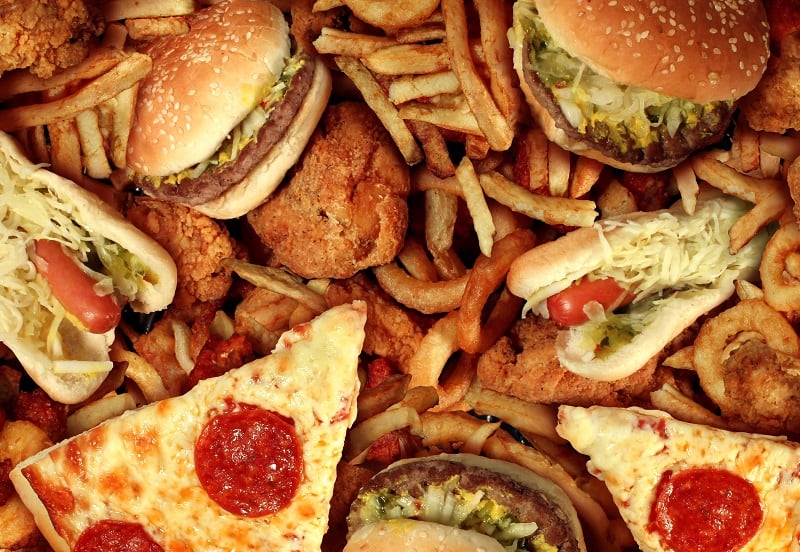The number of experiential activations has skyrocketed in recent years. But that changes now. FMCG brands may have had a presence in every train station, shopping centre and open space going, but they’re now having to rethink their strategies. The COVID-19 pandemic has created a standstill across all live, people-centric experiences.
It’s also highlighted an area many FMCG brands have neglected in their outreach. Somewhere that’s so crucial, so obvious, yet so easy to miss.
Our homes.
As coronavirus ushers in quarantines, self isolation and an understandable dip in physical brand activity, it’s more important than ever to take the experience directly to customers.
The art of direct to home has been lost
In recent years, direct to home channels, including door drops, have been perceived as unattractive. Why target people at home when you can catch them out and about with an immersive display bursting with colour?
Out-of-home experiential has gained traction for a reason: it catches people in a state when they’re likely to respond to, and engage with, this kind of activity. We’ve found that with our own clients; our carefully researched, all-singing, musical BelVita experience, staged early in the morning through busy train stations, gave responsive commuters a quick breakfast-time energy boost.
Yet we have to press pause on that kind of activity for the time being. Instead, FMCG brands could do well to present their activity and products in a well-packaged manner that translates to the home, straight to the door in a way that entertains or informs.
But how can you make it stand out against the junk mail customers have to sift through? Does it come with the regular post, or is there an opportunity to partner your product with food delivery and online shopping services? Given the current stay at home situation, the latter is something brands should be revisiting.
So, how do they do that? By understanding their consumers as individuals
Brands have incredible amounts of data on individuals in their target markets, and can use this to provide something that is inherently of value. Provided they strike the right tone, FMCG brands can nail what a customer likes and cater to that, in-home - this is especially pertinent during this bizarre pandemic.
For example, your consumers are frequent gym-goers with an interest in eating healthily, so surprise them with a sample of your new protein shake. Couple that with tips on how to keep fit when working from home, and you’re covering all bases.
Partnering with food delivery services also works here - a service like Deliveroo or JustEat will know what their customers are like. What their habits are, when they order, how often, if they sway towards healthier options or junk food indulgence. Perhaps your low fat or low calorie offer could be tagged onto delivery customers who’re always buying skinny pizzas - from there, they build an association with your product and their habits.
It still has to be relevant and engaging - just like outdoor experiential
It’s all well and good sending your target market a sample, but where’s the relevance? Where’s the engagement, the unusual everyday mixture that so many outdoor experiences deliver?
Give your door drops a purpose by building an activity around them - brands like Bear Nibbles do a great job here, incorporating puzzles, games and trading cards into the packaging. It’s a simple gamification tactic, but elevates it above just any other forgettable freebie.
Perhaps offer incentives through gamification - what if customers were given clues and cues to activate when their delivery arrives? These could be linked to what the driver is wearing, a certain item in the order, or even a password they have to recite upon receipt of their goods. It doesn’t have to be elaborate - it just has to be engaging.
Never forget the ‘why’
You should be aiming to deliver a fun, thoughtful experience for customers who need something uplifting. If FMCG brands can give people something that’s memorable, relevant and positive, straight to their homes, then they’re going to be much better placed when outdoor activity starts ramping up again.
Liz Richardson is managing director and partner at behavioural marketing specialists HeyHuman and a member of the FoodNavigator Expert Advisory Panel.



